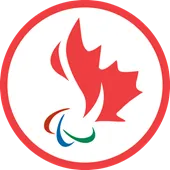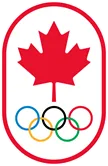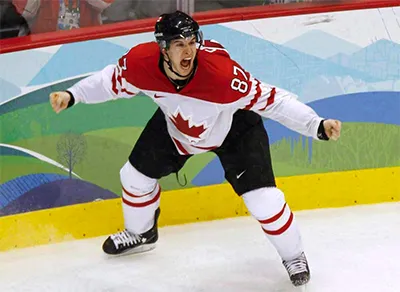
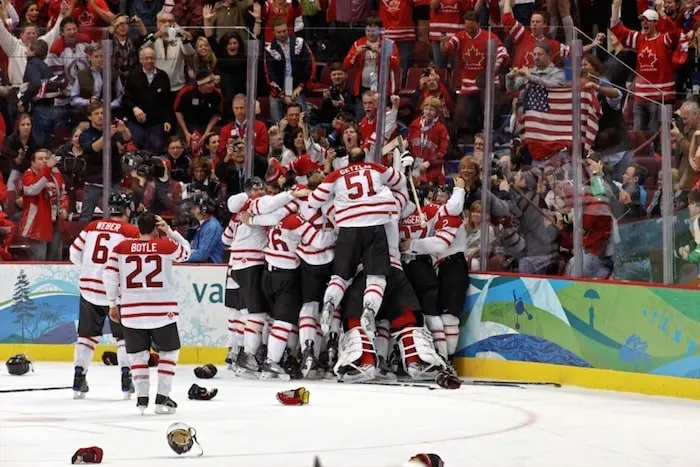
Early in the afternoon of Sunday, February 28, 2010, at precisely 7 minutes and 40 seconds into overtime, before a full, electrified stadium, and the largest live television audience for any event in Canadian history, Sidney Crosby scored the now famous “Golden Goal” against the United States of America.
It was Canada’s record-breaking 14th gold medal of the 2010 Olympic Games – the most ever by any country at an Olympic Winter Games. Seconds following Canada’s 3-2 victory, the country erupted. Hundreds of thousands of Canadians took to the streets in their cities and towns, large and small, from coast-to-coast-to-coast, to celebrate.
It was as if they too were in uniform, on the ice, holding a stick, and had won. Canadians were euphoric. We were, for a bright shining moment, a nation of champions.
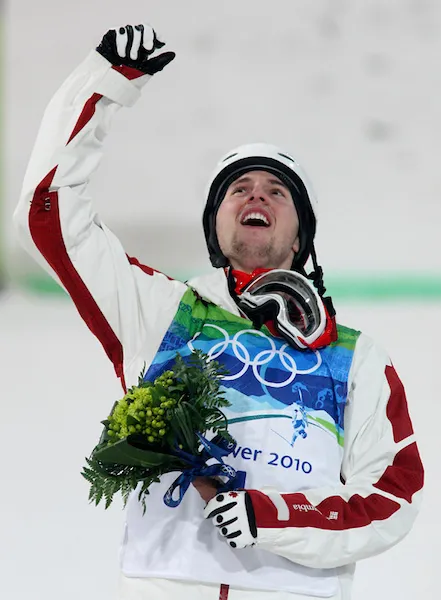

Just two weeks earlier on the stubborn slopes of Cypress Mountain, Alexandre Bilodeau won Canada’s first ever gold medal at a home Olympics in freestyle mogul skiing.
None of this was a surprise. It was the plan. Canadian athletes came to Vancouver-Whistler ready, prepared, confident, radiating energy and hope. It felt like anything was possible.
Vancouver-Whistler was awarded the Olympic Winter Games by the International Olympic Committee in Prague in the summer of 2003. Soon after, VANOC was created, a new organizing committee launched and the work of delivering the 2010 Olympic and Paralympic Games began in earnest.
The promise of those Games inspired government investment, spectacular new facilities and infrastructure, First Nations engagement, corporate support, and massive global television interest.
Staged in Vancouver and Whistler yes, but these were in all manner of ways, Canada’s Games. Individual Canadians were invited as full participants, owners of this unifying adventure, no matter where they lived. The Olympic Torch Relay, a symbol of unity, would reach even the most remote outposts of the country.
Everybody was “All-In.”
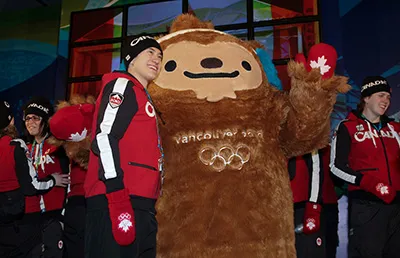
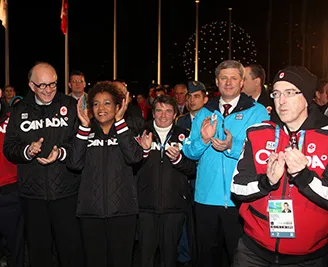
With the Games preparation rapidly advancing, the Canadian Olympic Committee came to believe that Canada’s athletes were unprepared, under resourced and that save for a bold new vision, resources and strategy, any Games legacy would be short lived.
To gather Team Canada in Vancouver-Whistler poorly prepared would not only put our athletes at a disadvantage, but it would diminish the potential legacy impact the Games could have, and as a result, frustrate and disappoint Canadians in all corners of the country. The Canadian Olympic Committee petitioned VANOC to act. To embrace the problem.
It was a tall ask. Figure out first if it was even possible to close the performance gap between Canada and other countries. Then determine if it was too late to launch an initiative to make Canada competitive with the top nations, and what would it cost?
Was it just a pipe dream? A crazy idea? Were the top countries too far ahead?
Ultimately, all partners came to agree that to stage a magnificent Games on the West Coast and not, in equal measure, support our own team would be irresponsible, if not unforgivable.
We had to try.
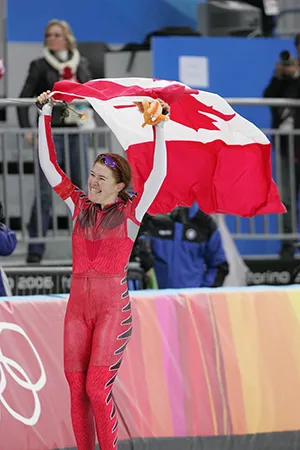
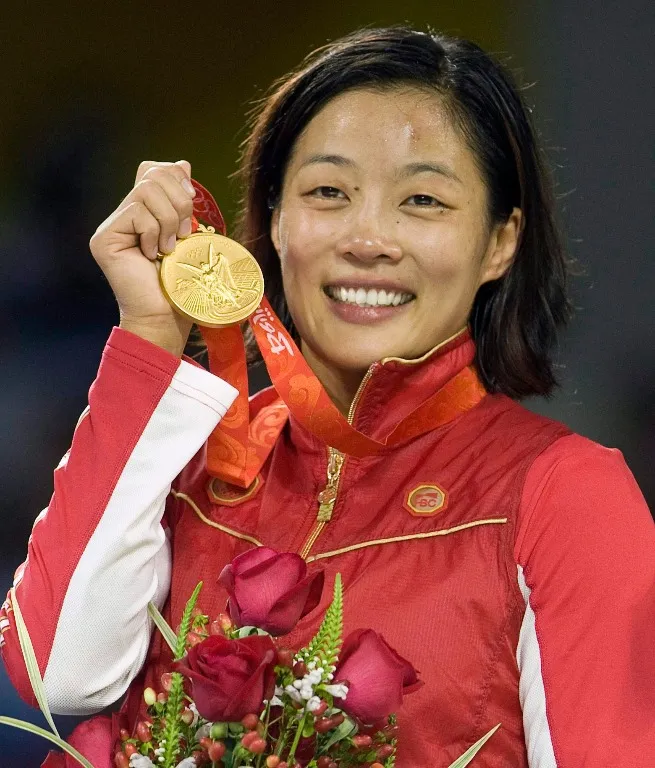
VANOC and the Canadian Olympic Committee fast-tracked research. The result showed a challenging path forward and it laid bare the cost. The evidence was compelling and unambiguous.
For some sports serious investment would be needed, for others smaller amounts well placed could provide the final boost needed, and for a handful of sports extra funding would not change the result. Therefore, to succeed, any funding program would necessarily be targeted.
For a total of $110 million – wisely invested over five years – Canada could perhaps Own the Podium.
It was already 2005. No time to waste. We were born.
Canada, the Canadian Olympic Committee, VANOC and all the winter sports became partners – it was game on. VANOC and the Government of Canada committed to raise the money. We had unity. And while we had doubters, we had a plan to win.
In the build-up to 2010, Own the Podium targeted sports demonstrating the potential to win medals. The impact was immediate and by the 2006 Olympic Winter Games in Turin, Italy. Canada’s summer sport athletes were also benefiting from new investment, finishing a best-ever 15th at the 2008 Summer Olympics.
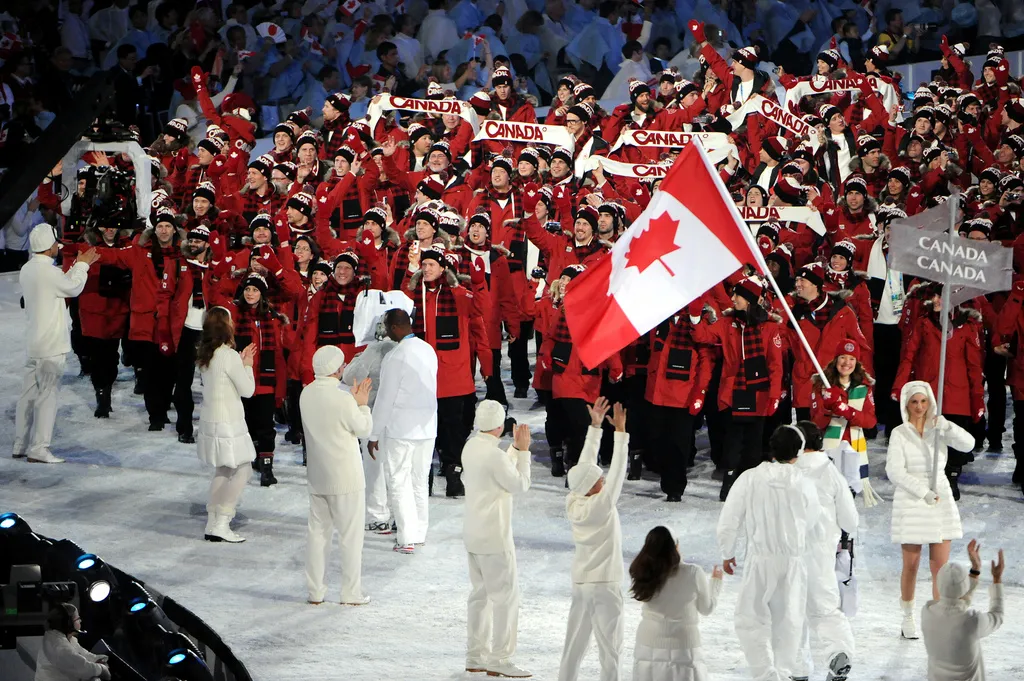
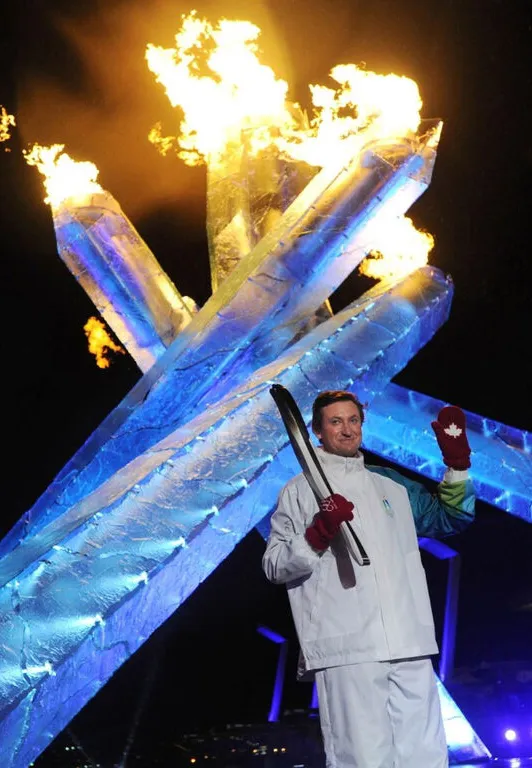
There were signs that by 2010 our team would be ready to take on the world. The stakes were high – the pressure higher.
The Canadian Olympic and Paralympic Teams that entered the stadium for the 2010 Opening Ceremonies in Vancouver-Whistler had a confident look. And Canadians were ready to cheer them on by the millions.
Own the Podium had somehow changed the paradigm. Closed the gap. We had a belief. Few expected the pendulum would swing so far, so fast, but there was little doubt it felt good and it felt right.
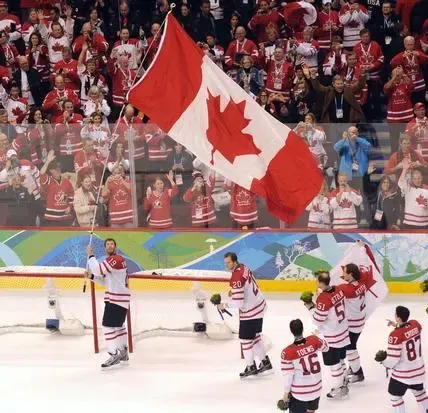
.webp)
Thanks to Sidney Crosby’s golden goal, Canada had broken the Olympic record for gold medals by any country ever. We had 14. It took the nations breath away. The Canadian Paralympic Team put down similar breathtaking podium performances less than two weeks later.
Doubt was gone. We had swagger and every Canadian felt like a champion. We had it in us after all. More important perhaps, we had discovered a made at home way to win. To challenge the best. To be the best.
Furthermore, there was belief in the program – and Canadians especially approved. By framing winning as being in our national interest, the Prime Minister was not just talking about pride, he was talking about a call for action by all of us.
It was about elevating our global position, our reputation, and inspiring future generations – showcasing what Canada could do in sport, in business and in life.
In 2010 - Future Brand, a global ranking agency for countries, named Canada as the world’s #1 leading country brand – largely influenced by our Olympic and Paralympic success. Canada was happy, smiling, confident and globally present. Canadian patriotism was a thing. Sport was now high among those things Canadians cared greatly about.
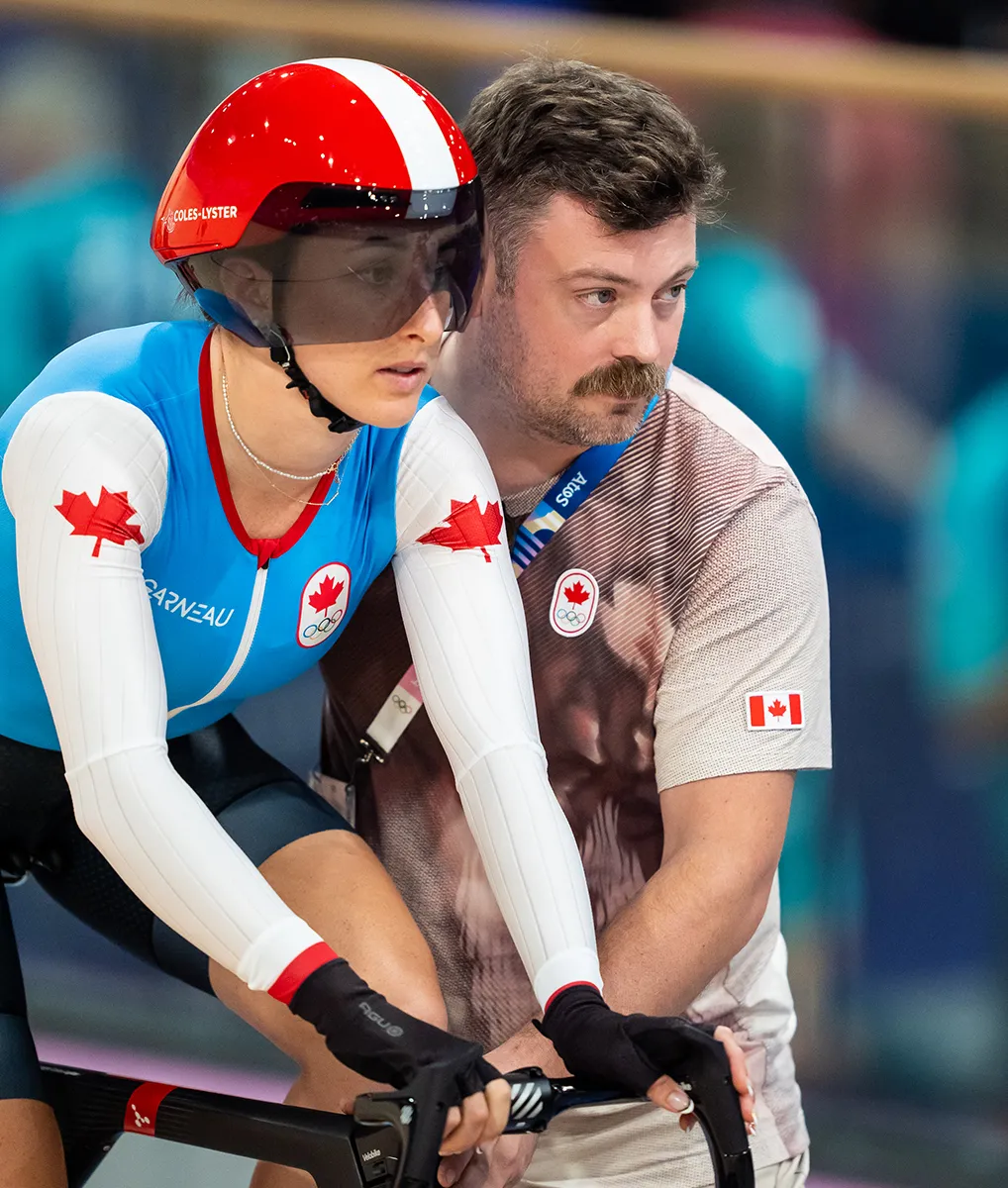
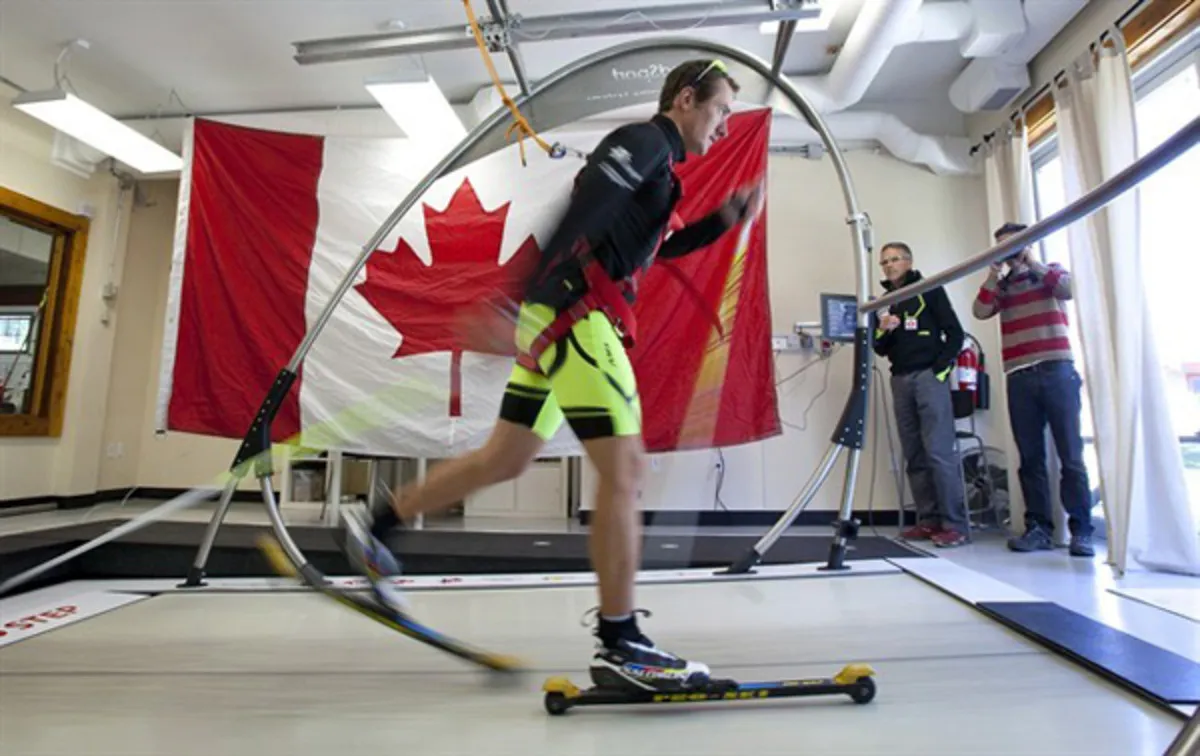
Post 2010 – the Government of Canada pledged continued funding for the Own the Podium program to further impact performances and development by winter and summer sport athletes.
Living up to its lofty assignment and weighty responsibility, Own the Podium committed to world class governance, independent but evidence-based decision making, investing in new sciences, embracing technology, ensuring world class coaching and support, providing daring leadership, establishing new partnerships, implementing wellness plans, strengthening sport culture, playing a key role in mental health initiatives and much more to support the growth and success of national sport organizations in the country.
Testing the limits of our capability in all that we do. And on we go. We are now 20 years young and still driving toward our potential.
More Canadian winter and summer sport organizations, athletes and coaches than ever have raised their performance standards on and off the field of play as a result.
Every win, every medal no matter the colour, is a mountain to climb. We know that.
By modelling the values of sport, in all of its endeavours, Own the Podium carries the burden to set uncompromising standards – personal and professional. We embrace hard work, humility, courage, teamwork, honour in the things we do, and a fierce determination to be the difference maker in Canada’s efforts to achieve sporting greatness.
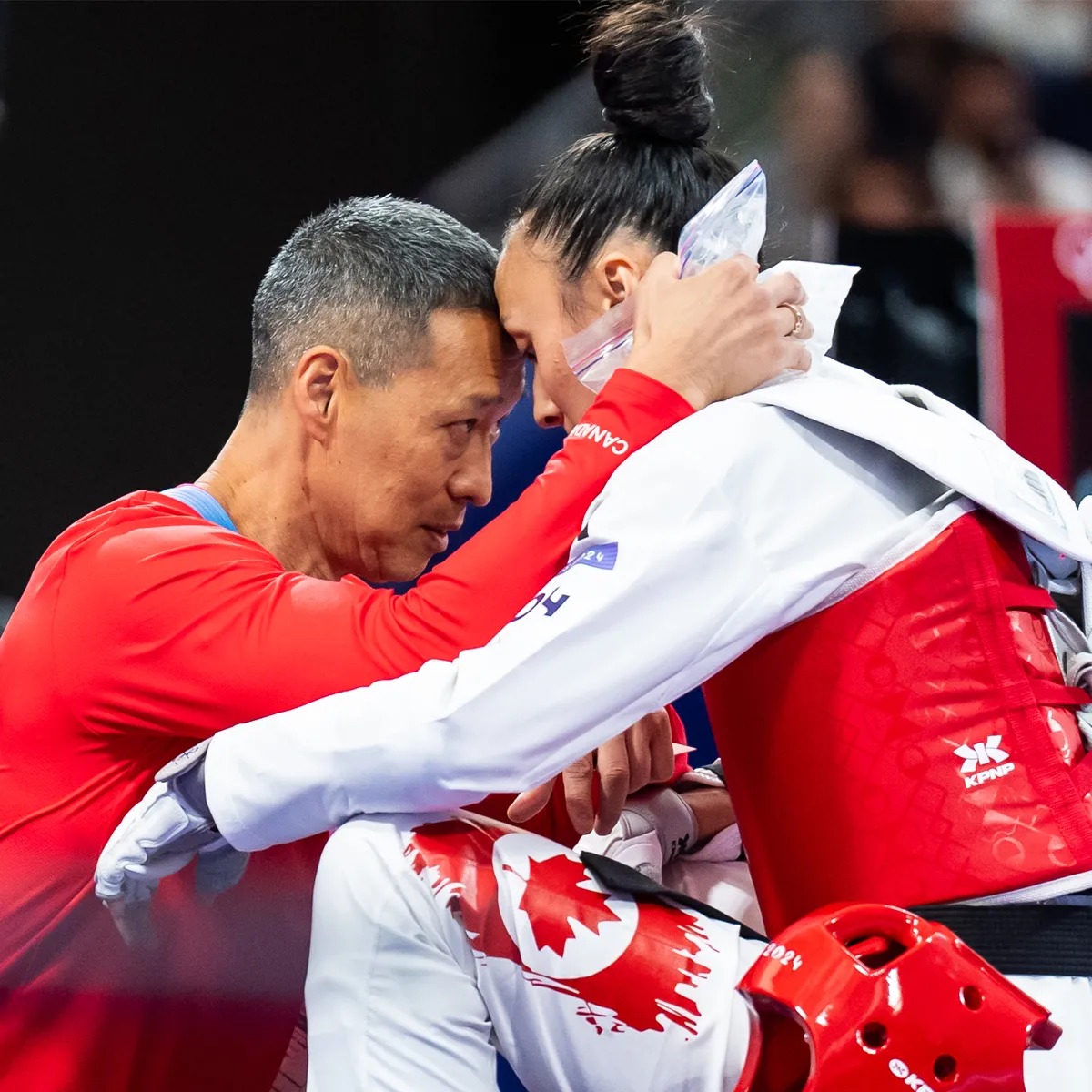
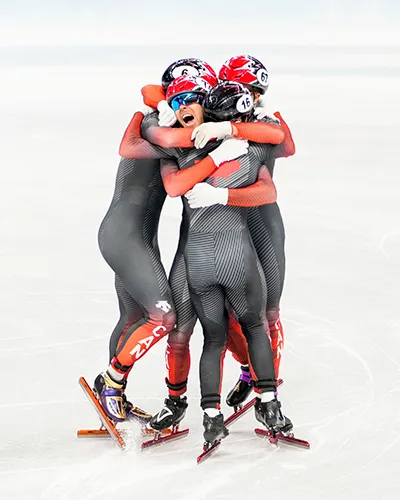
We are driven by a purpose to help all athletes get to the start line and know they have done everything possible to achieve their performance objectives in a supportive culture of excellence that protects their psychological and physical health and safety.
We are committed to being great partners, hungry and unsatisfied, always looking for that illusive new idea – that final inch.
Pursuit of the Podium is the journey. Winning well is the objective.
This work has no end.
.webp)


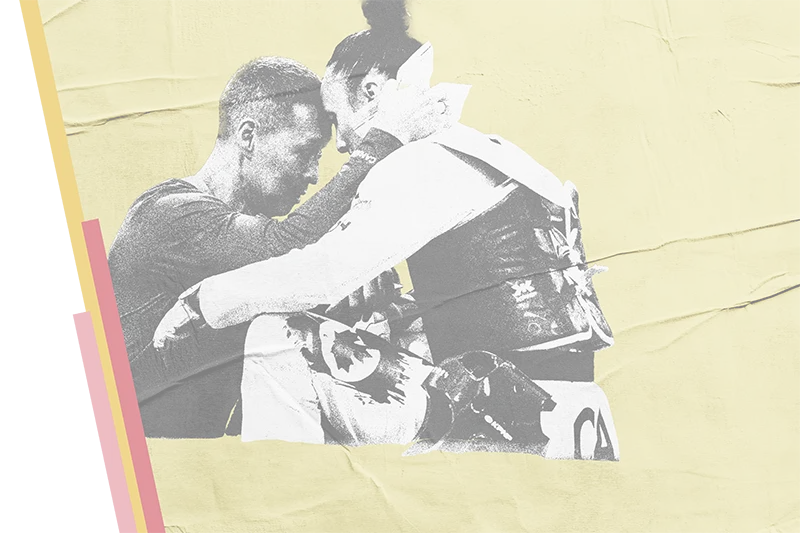
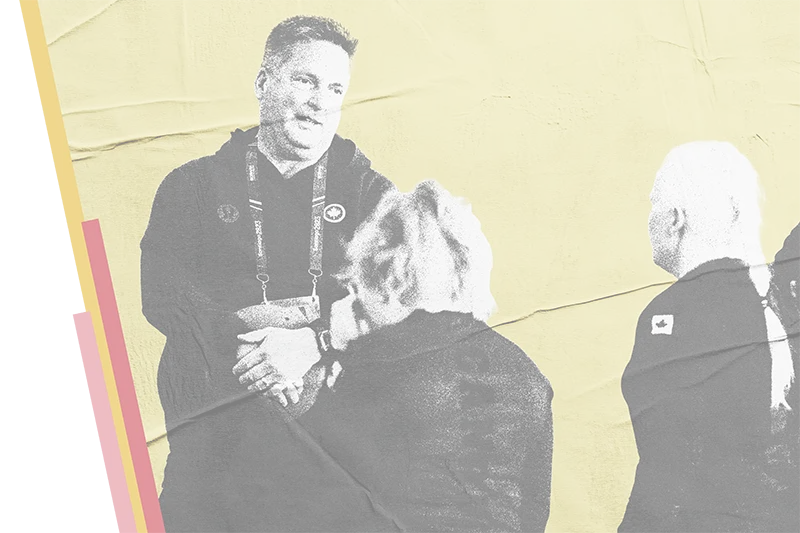
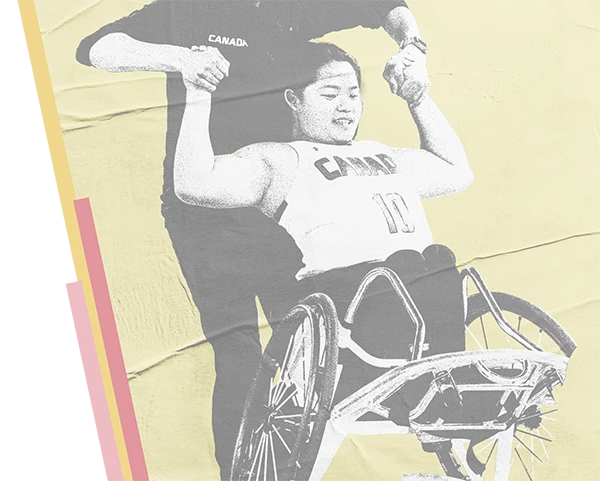

.webp)

